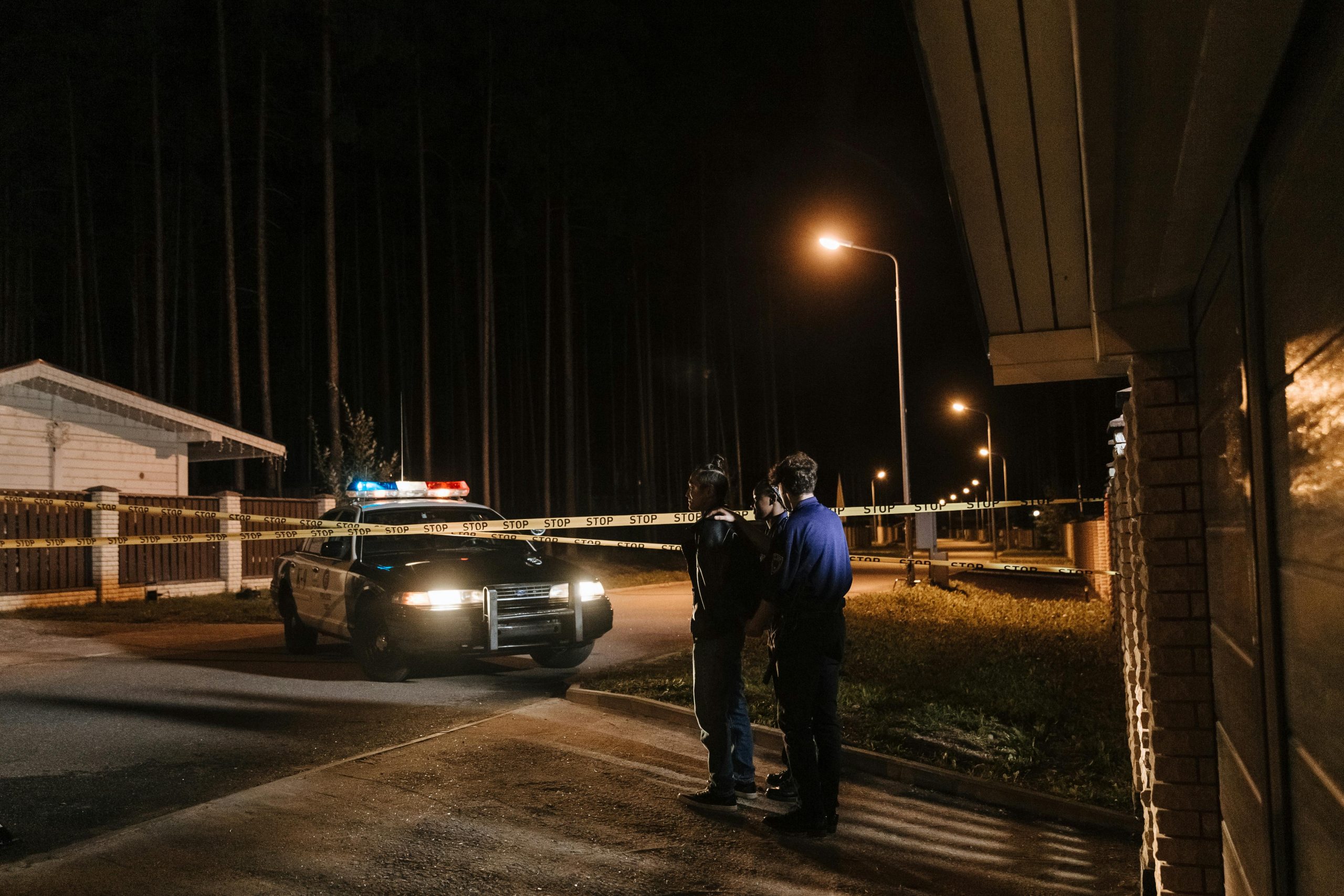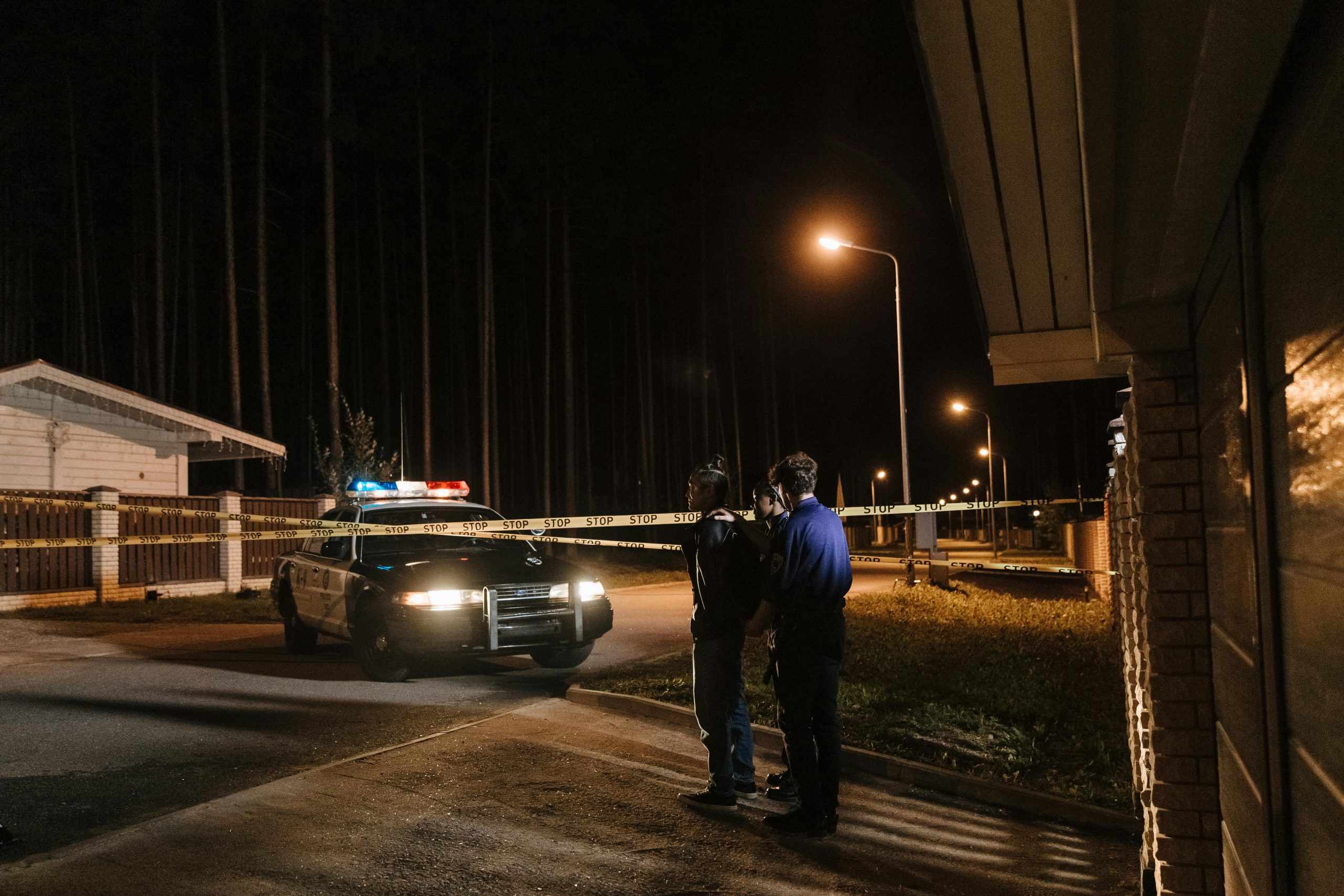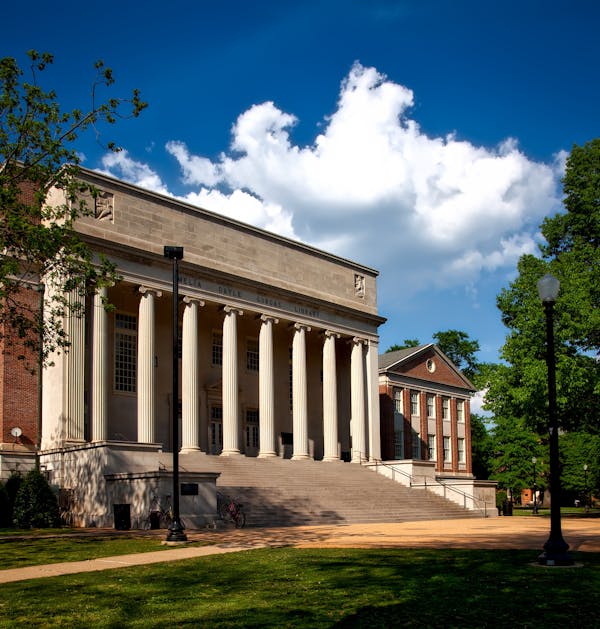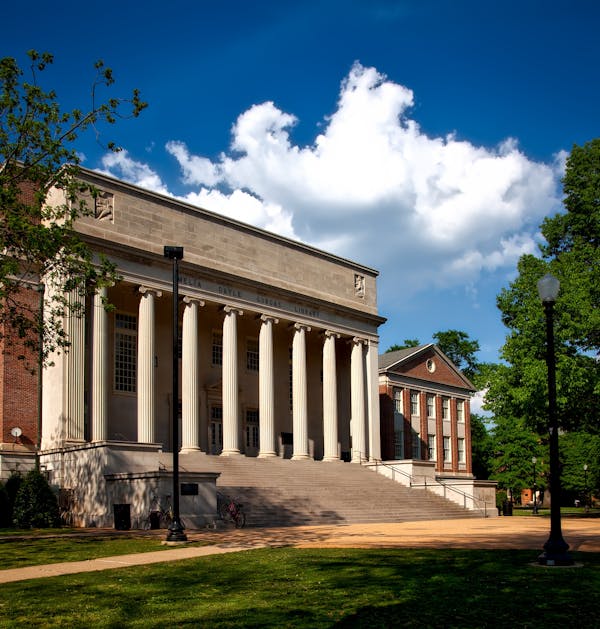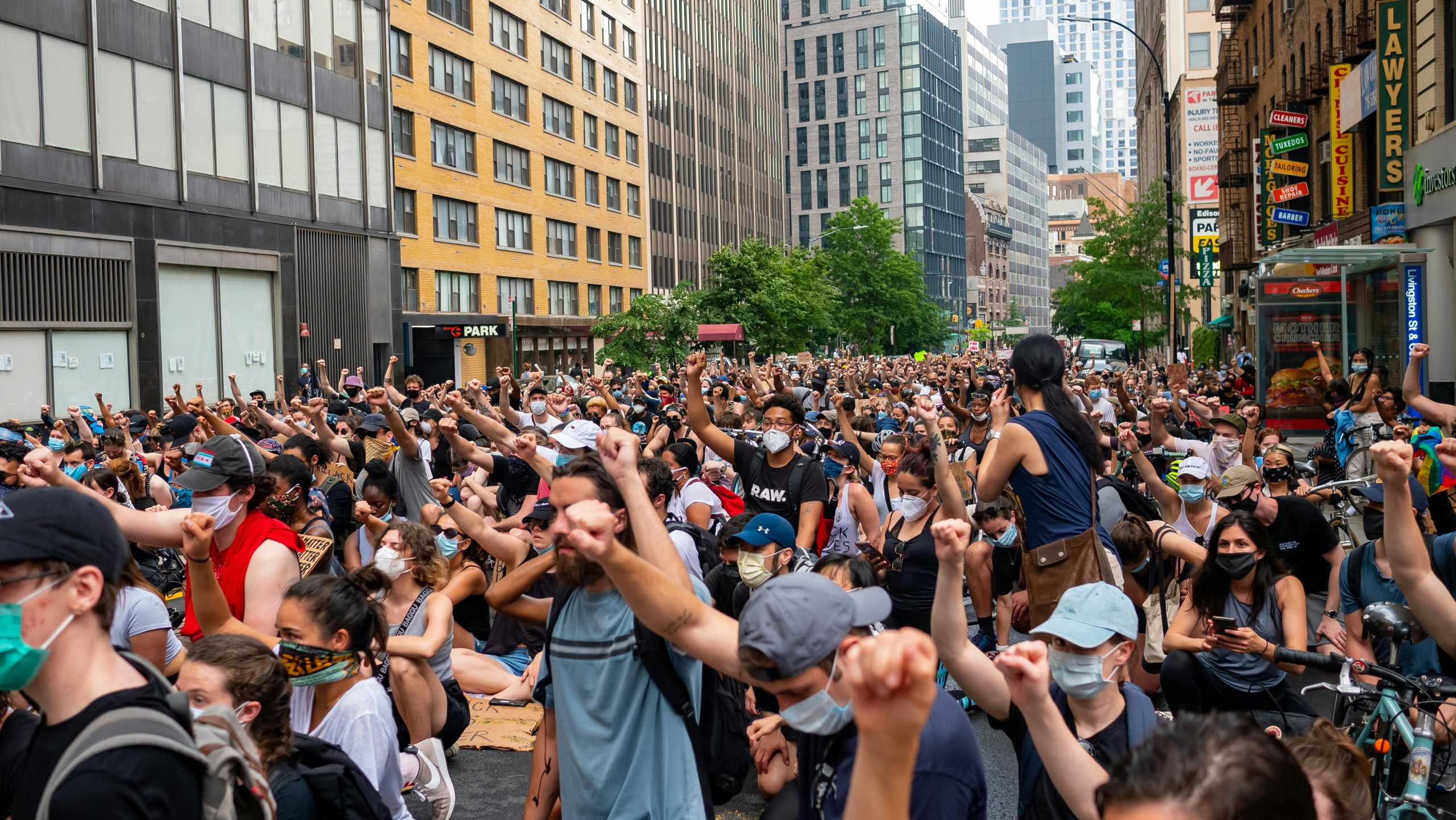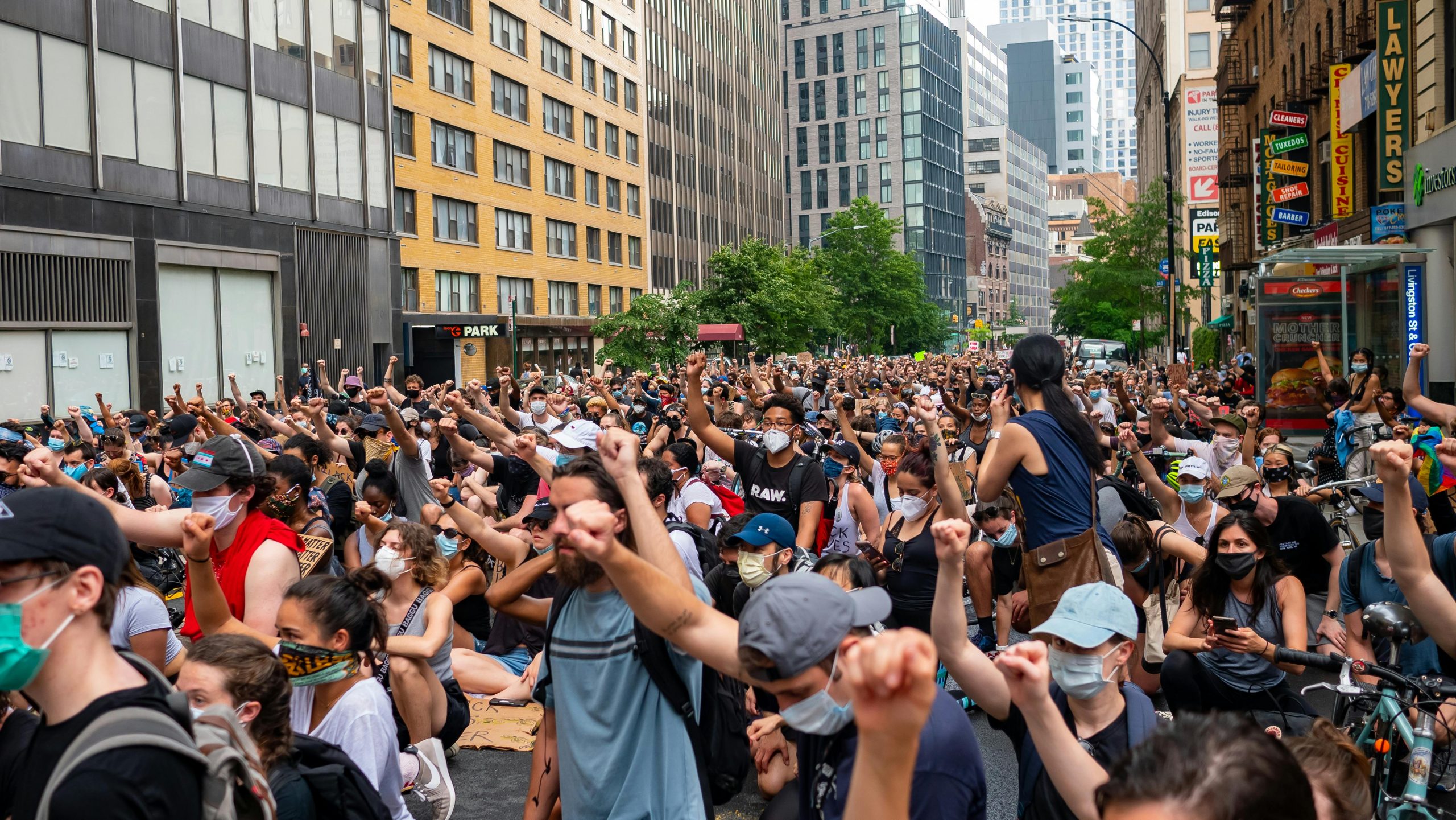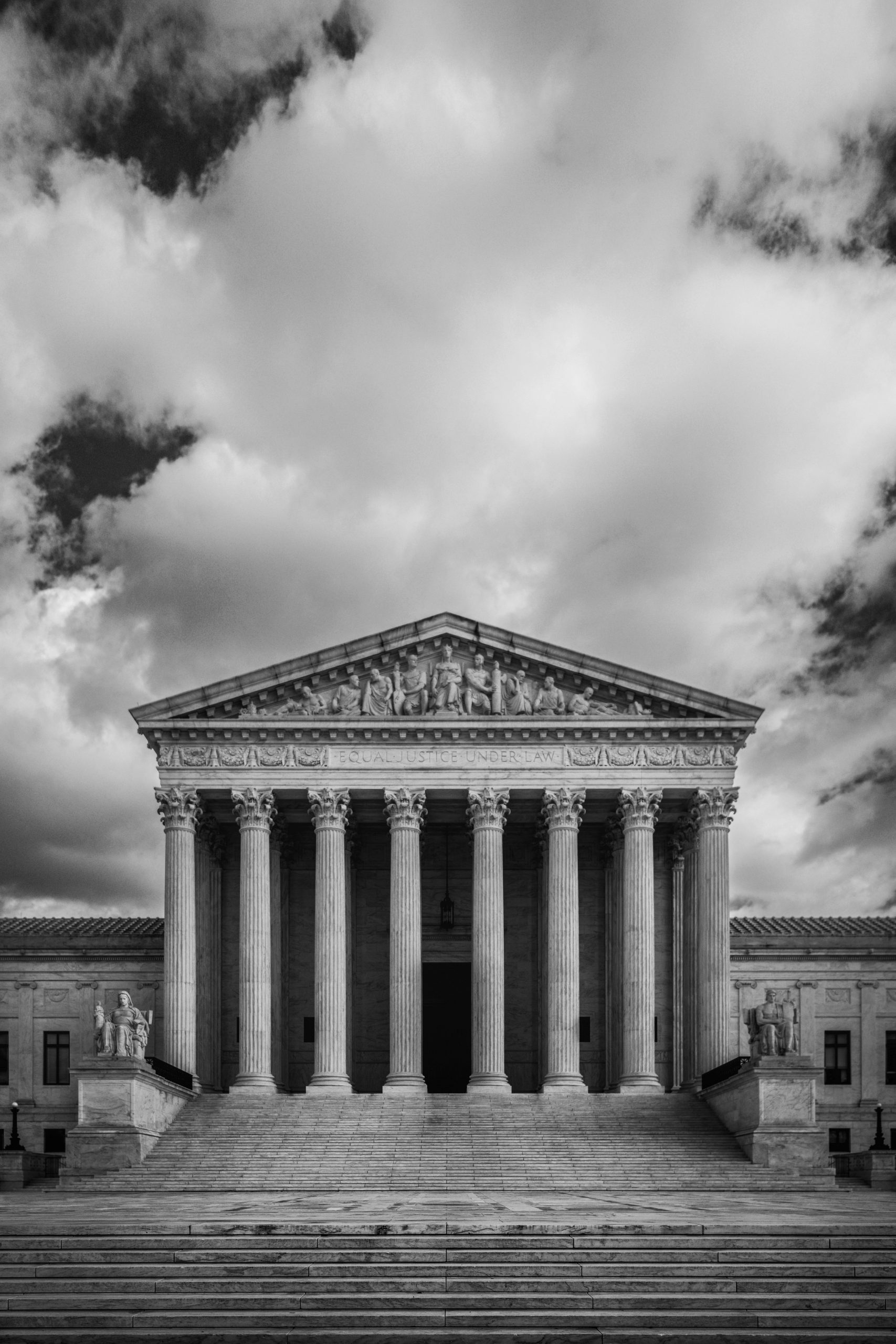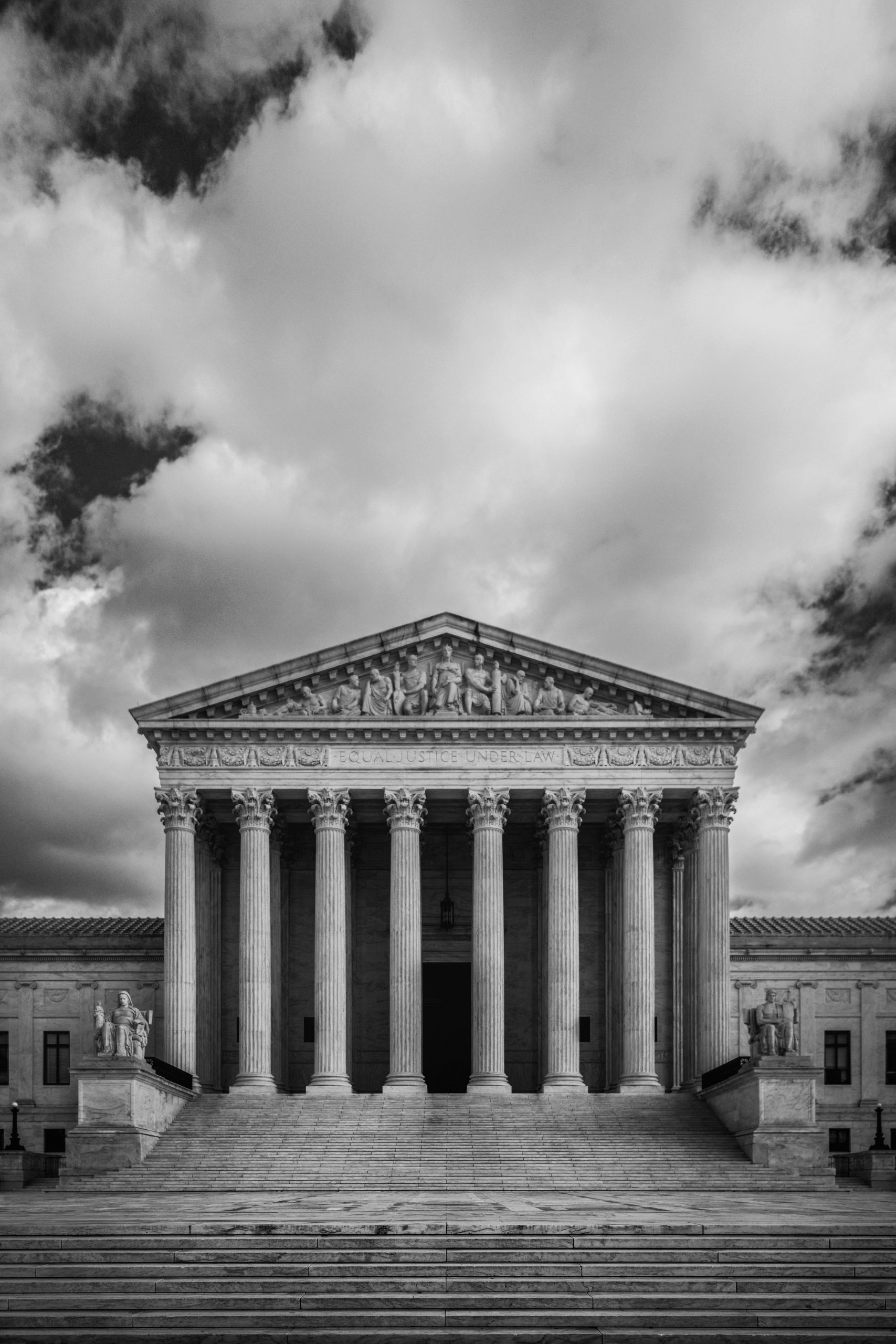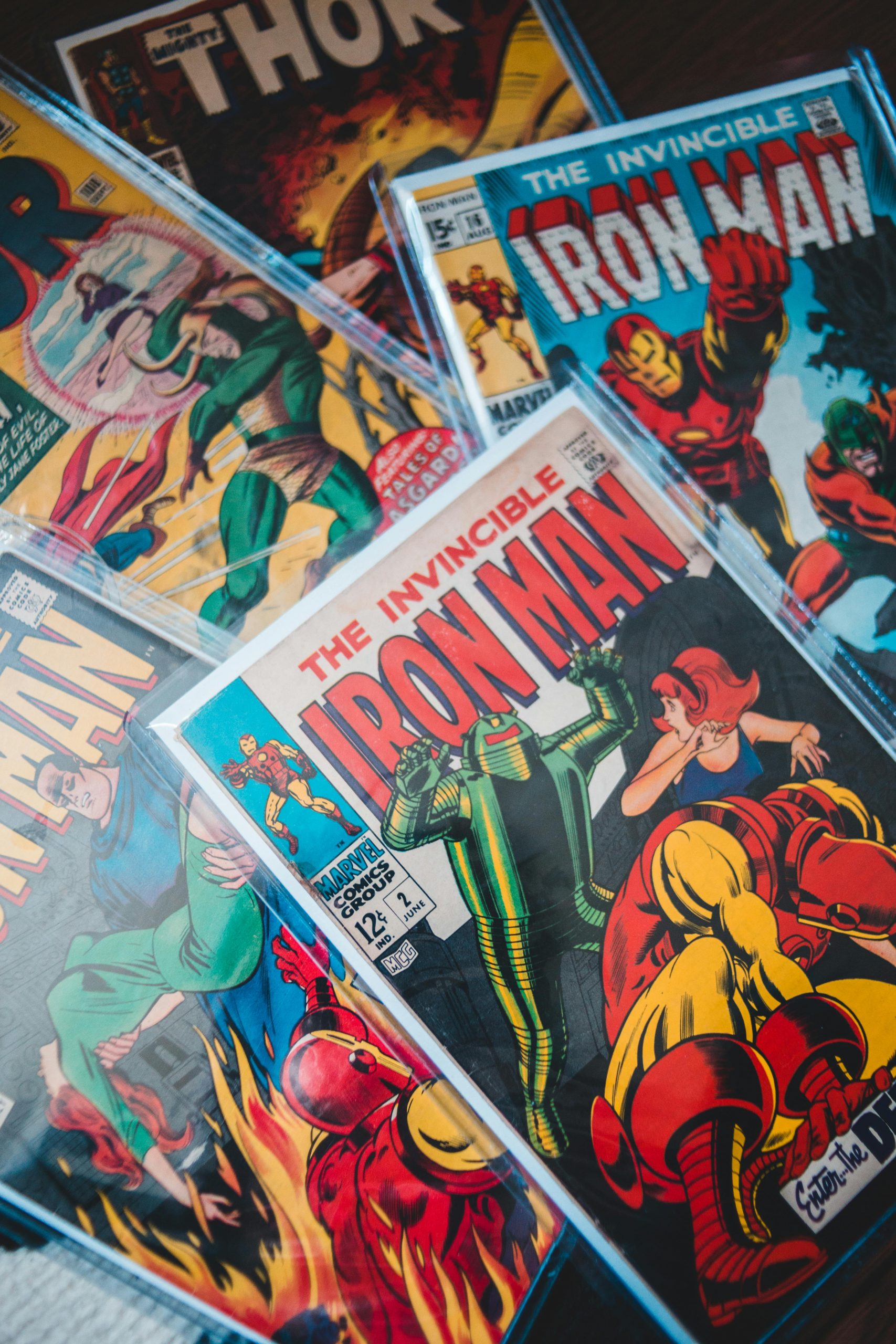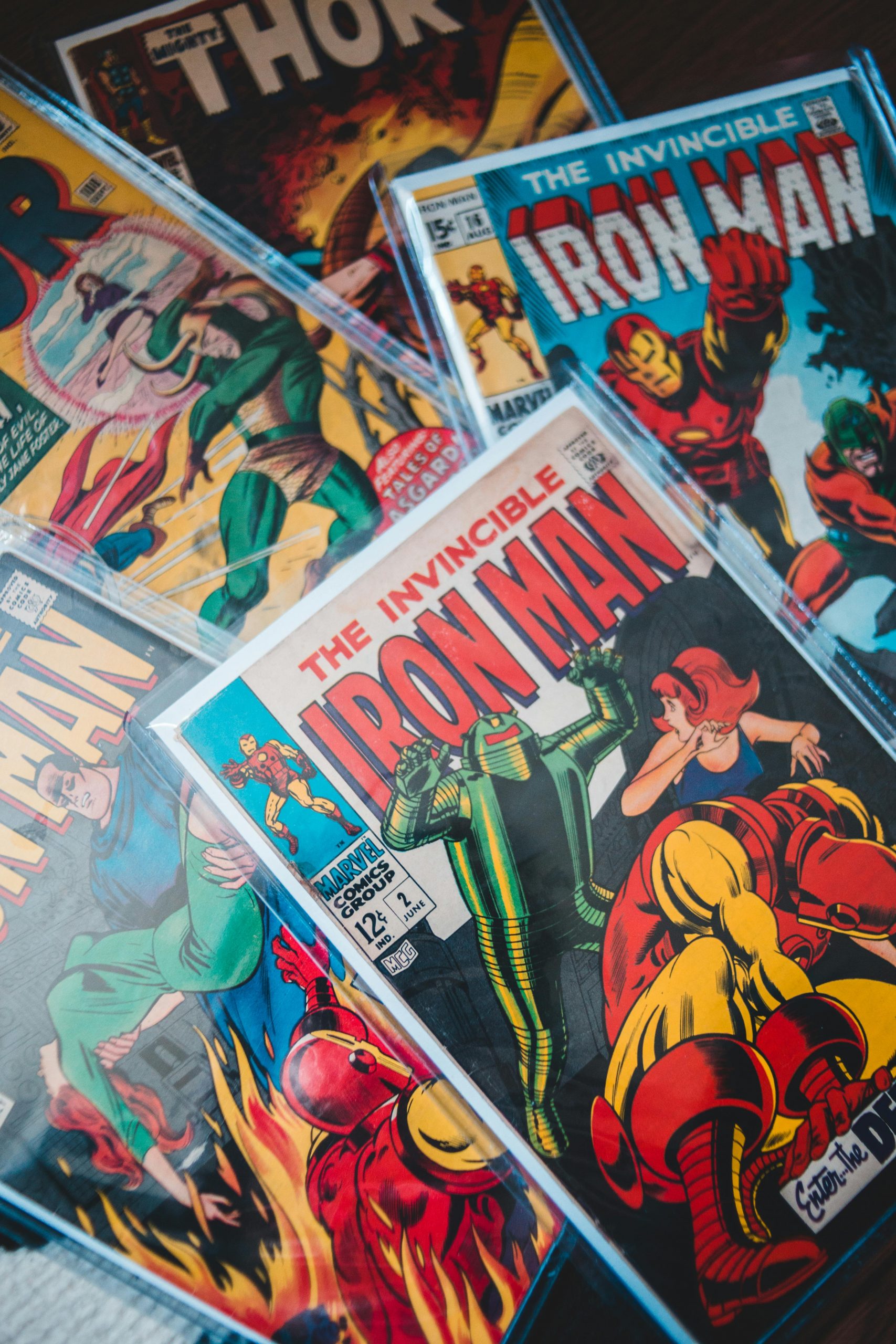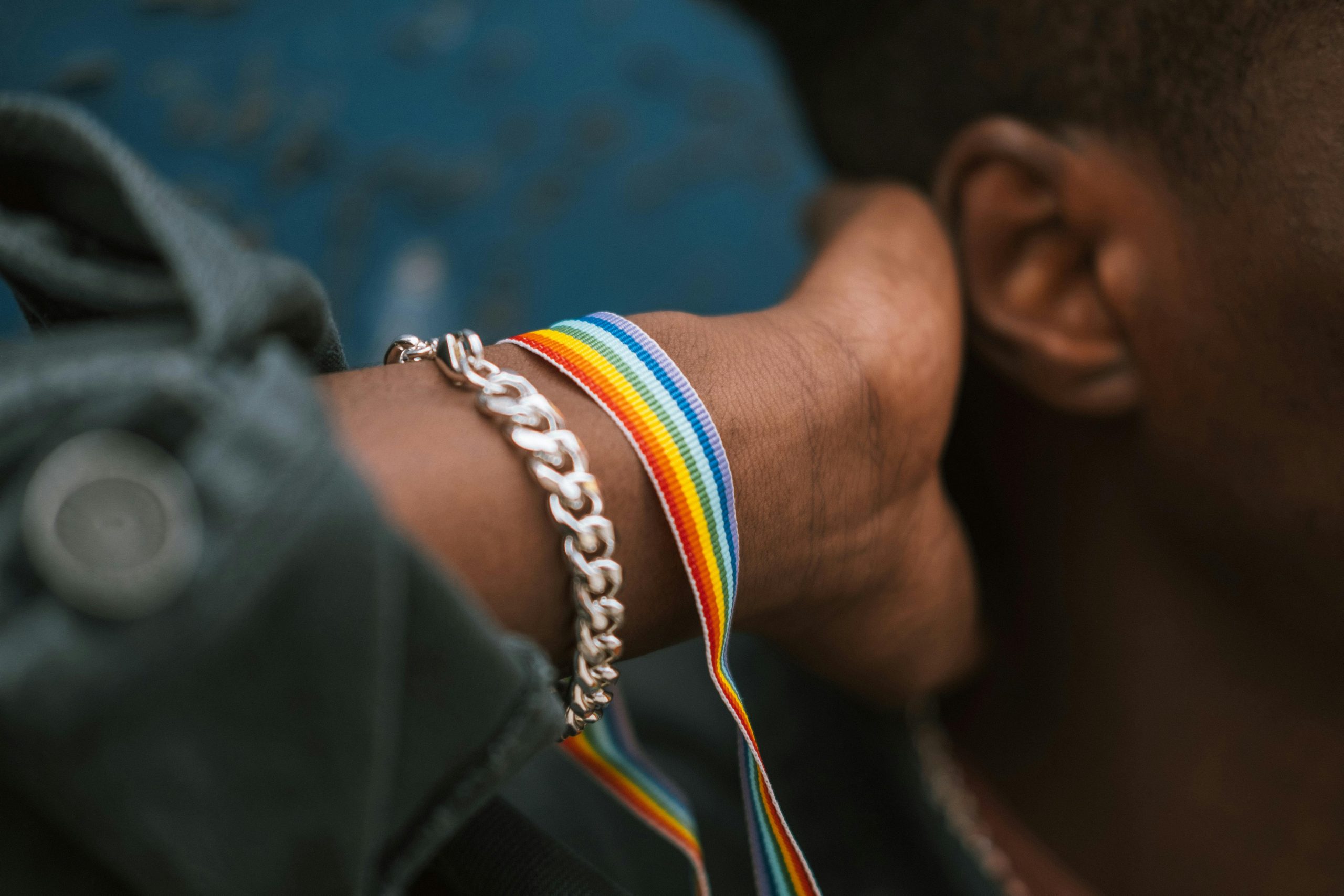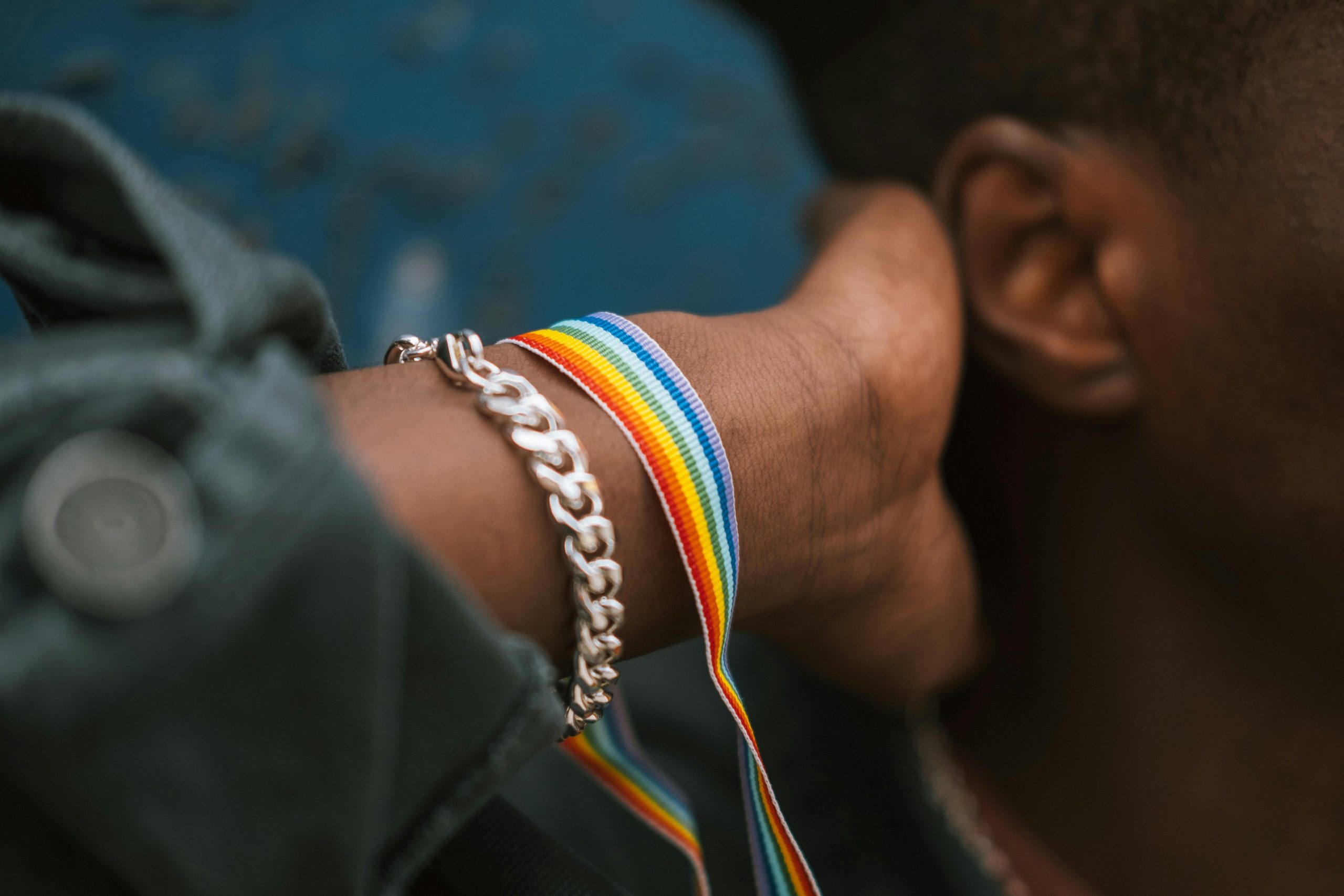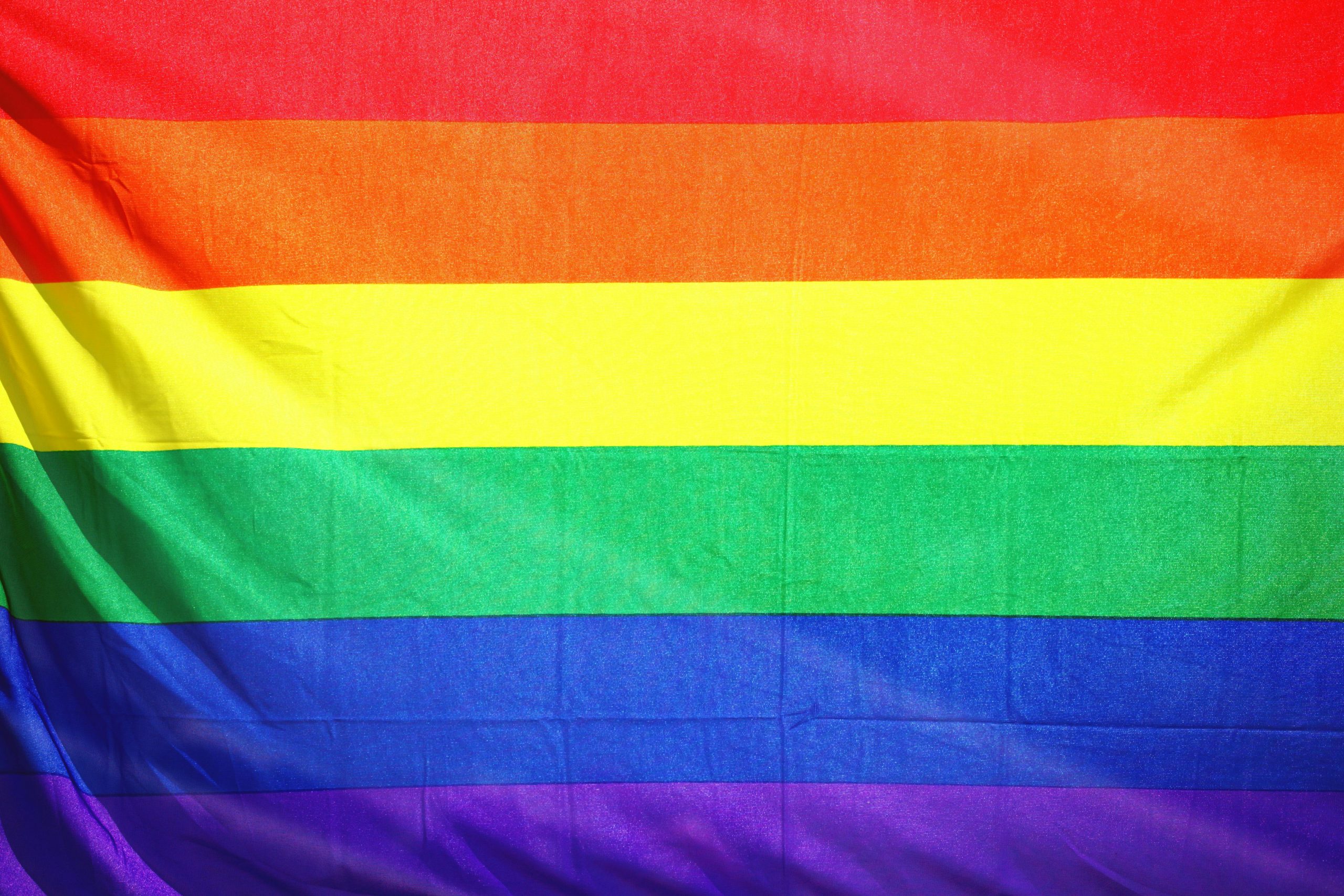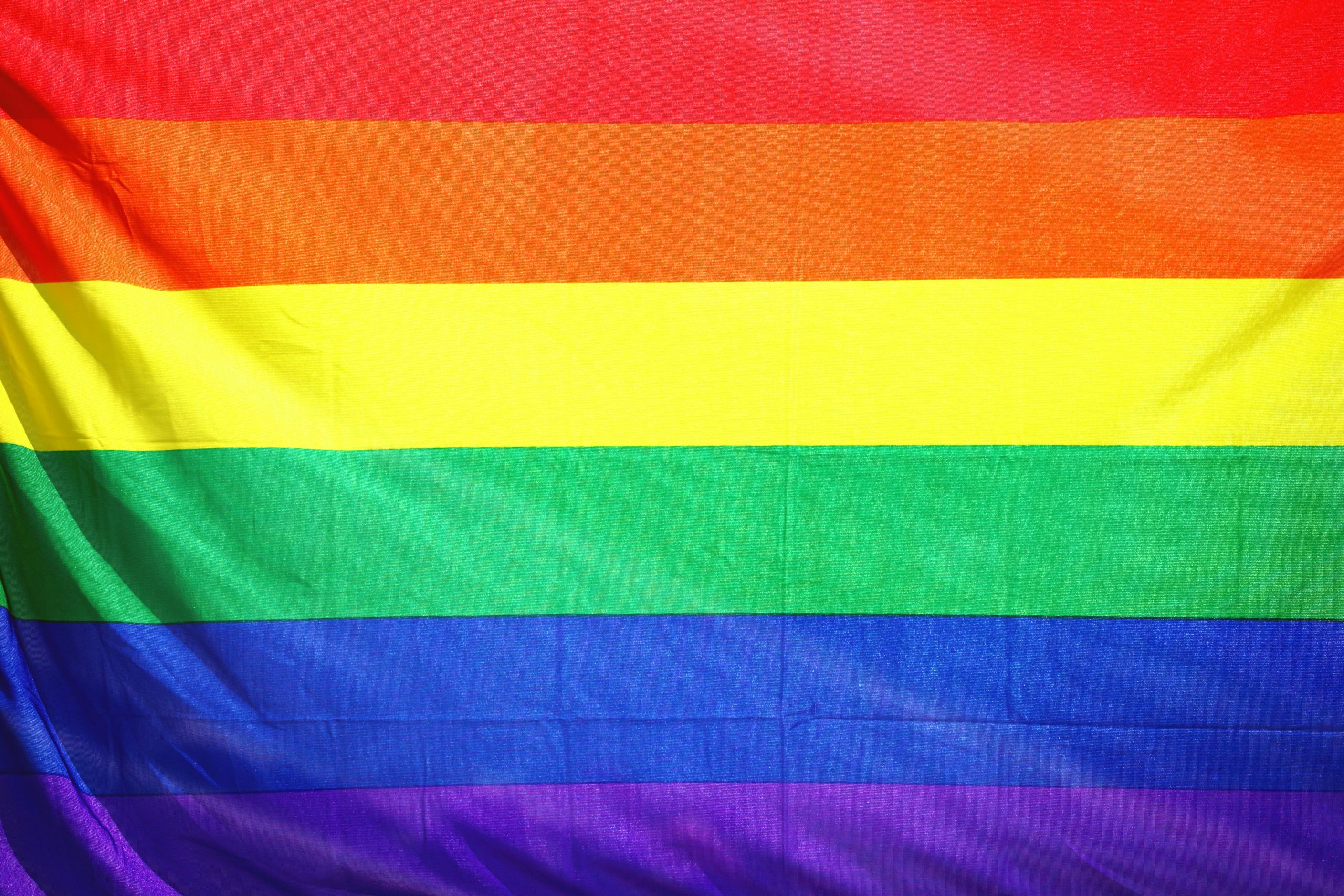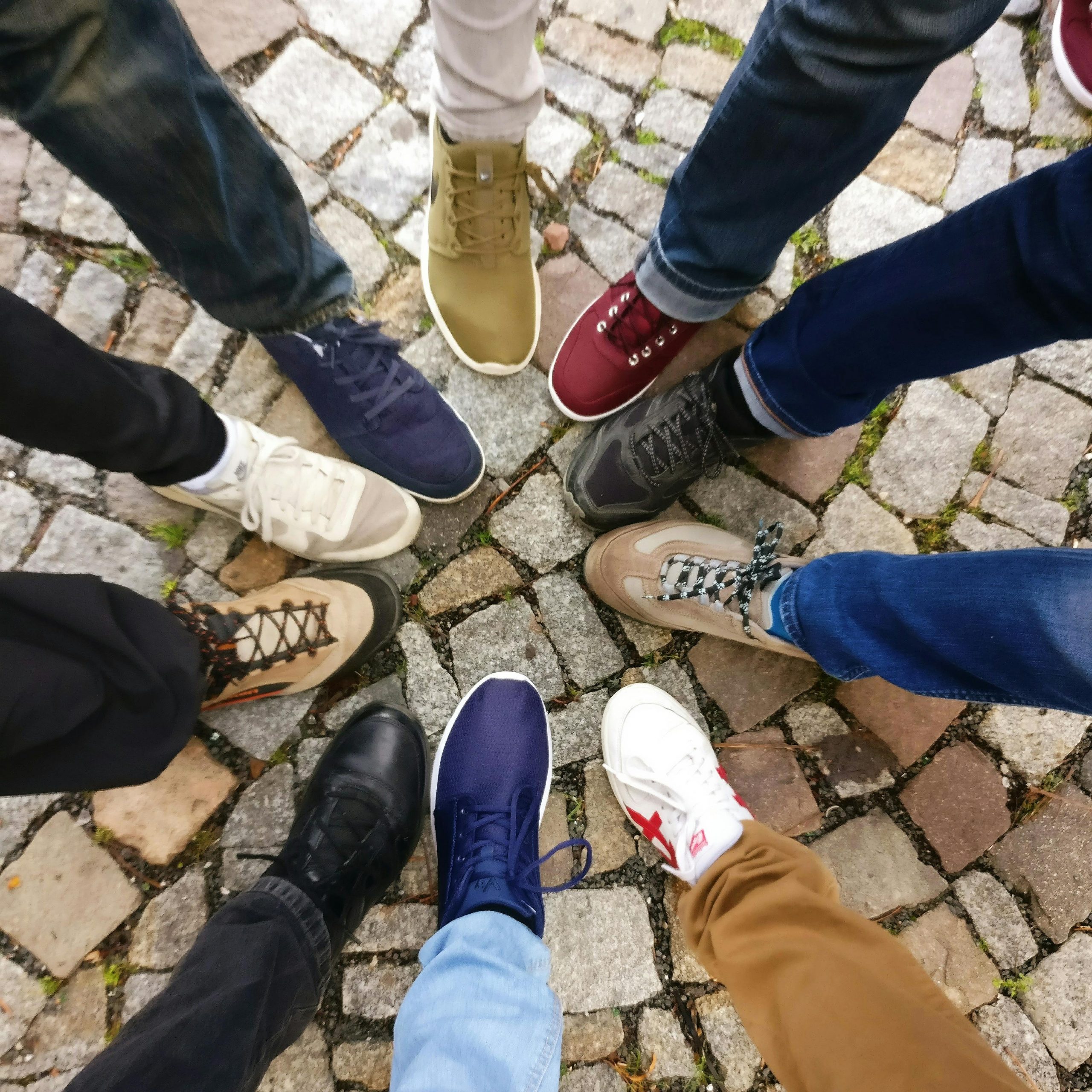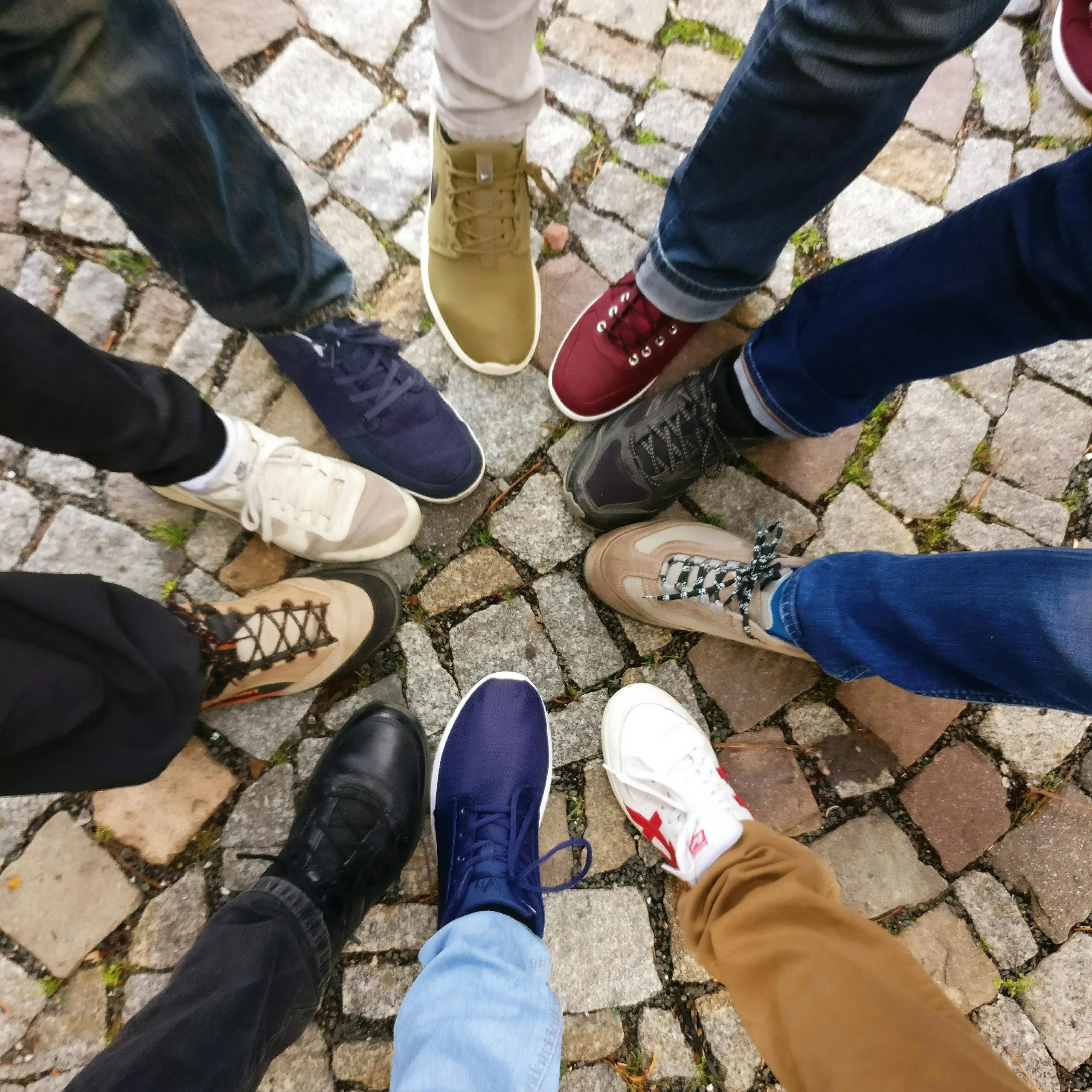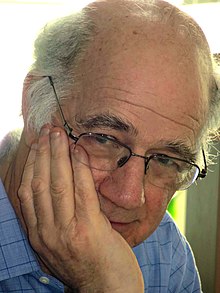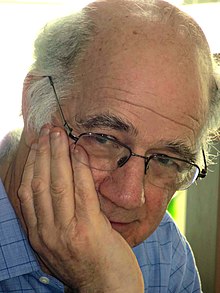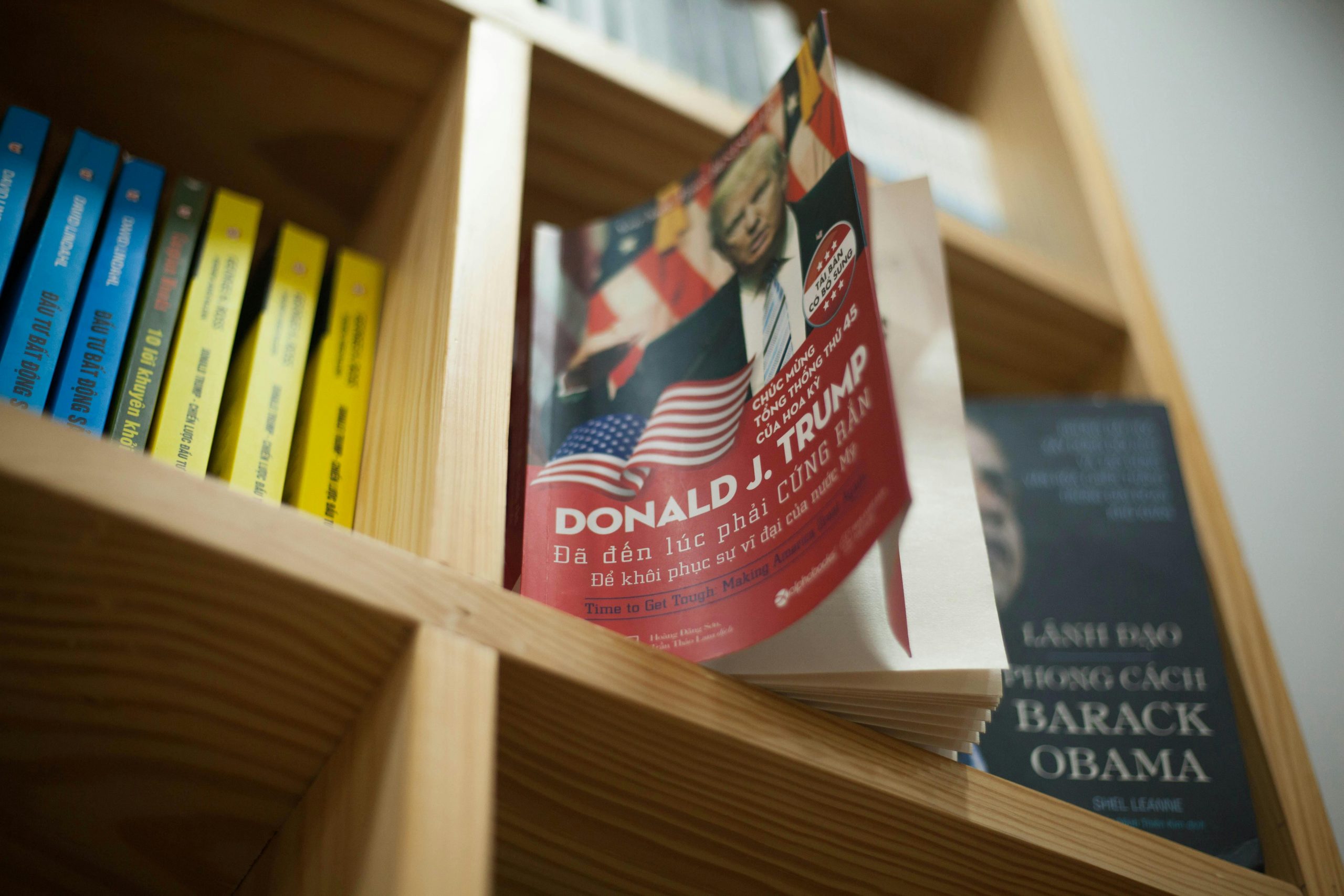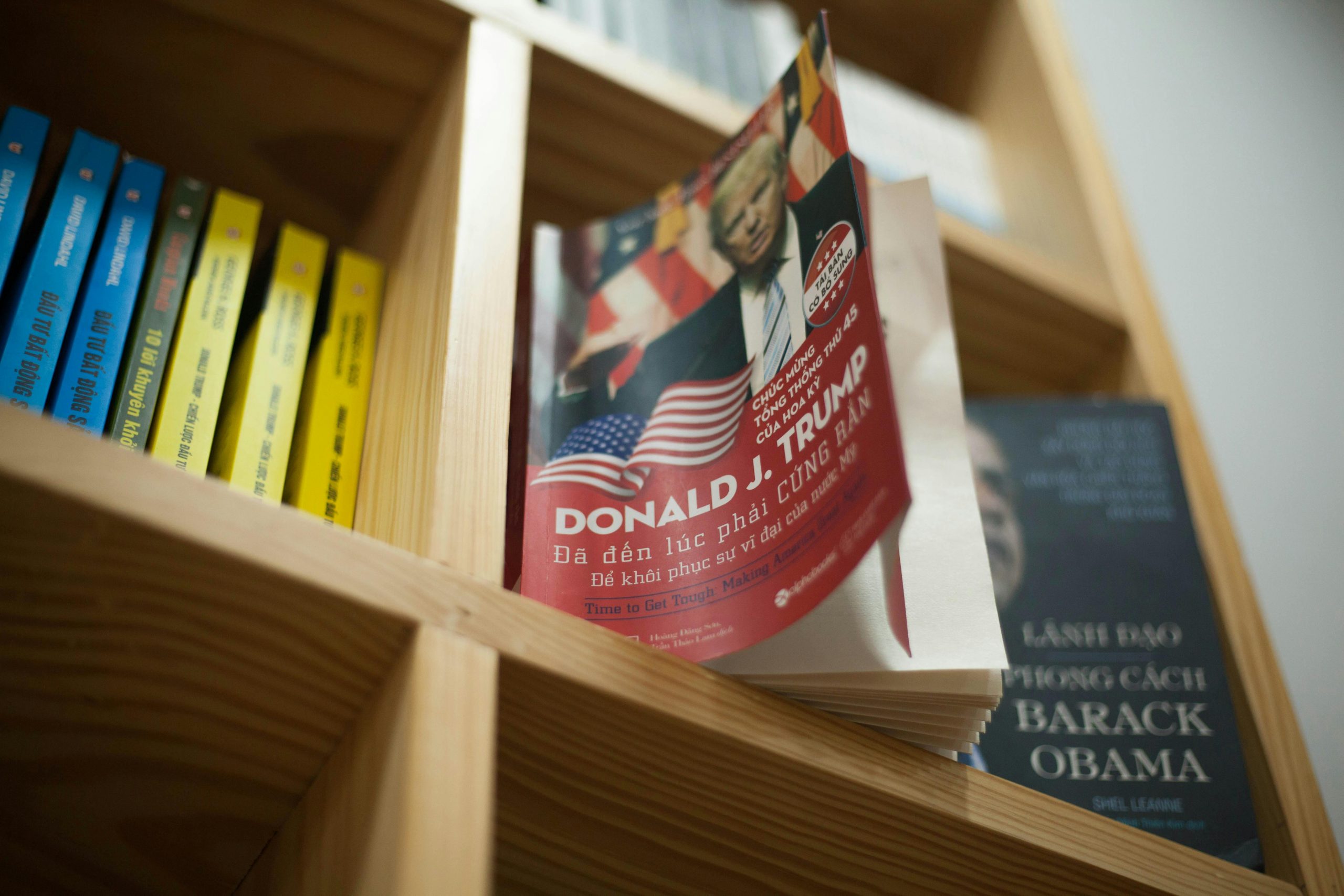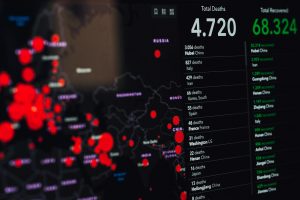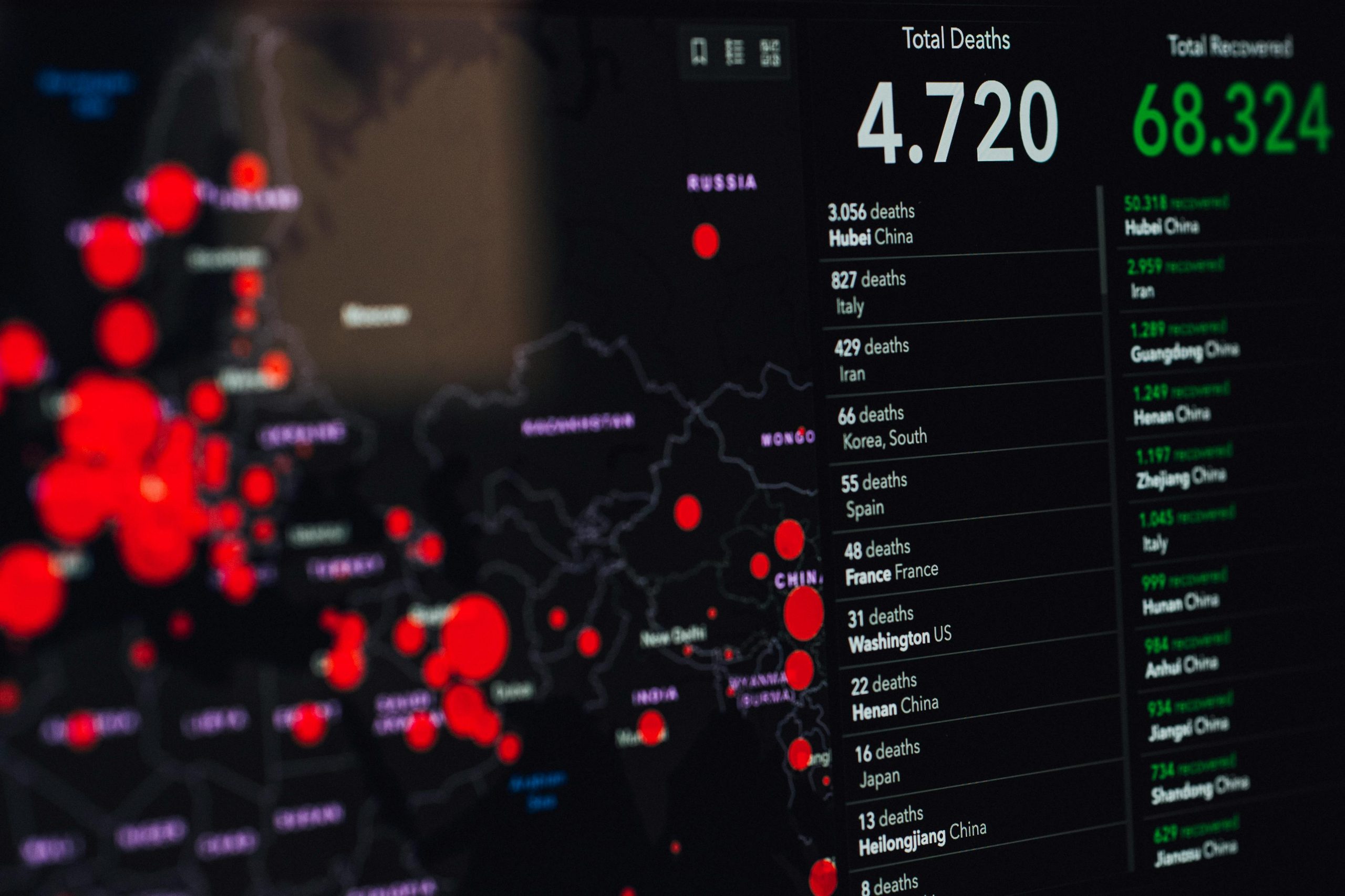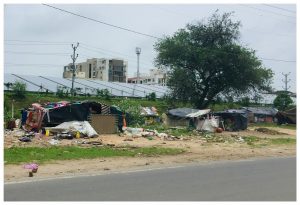

The New York Times ran a story on shifts in the residential construction industry since the Great Recession. Contracting work has become a “race-to-the-bottom,” with many contractors competing on price by increasingly relying on subcontractors or dodging expenses by misclassifying full-time employees as independent contractors. “There’s always been subcontracting in the construction industry, but it was largely done to licensed trades,” Tom Juravich (Professor of Sociology at University of Massachusetts – Amherst) explained. “The general contractor hired most of the workers directly, and the only things that weren’t done by the G.C. were electrical, plumbing and so on. But as this new model emerged, what they began to do was spin off much of the work.” This shift preceded the industry’s reliance on labor from undocumented immigrants. A study by Juravich and colleagues found that “the entrance of immigrants did not result in the deterioration of jobs in residential construction. Rather, working conditions and pay became so bad that subcontractors faced continual labor shortages.”
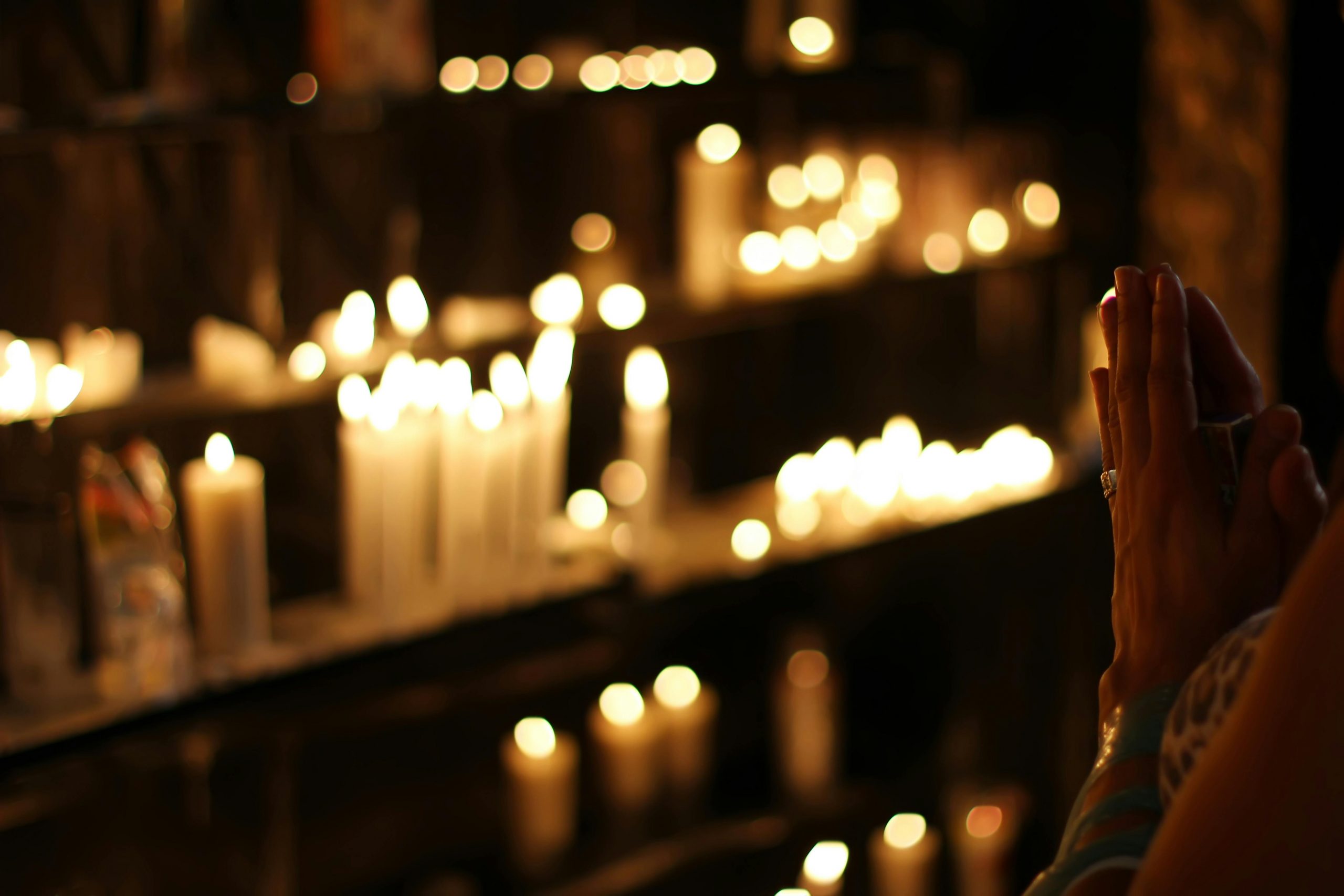
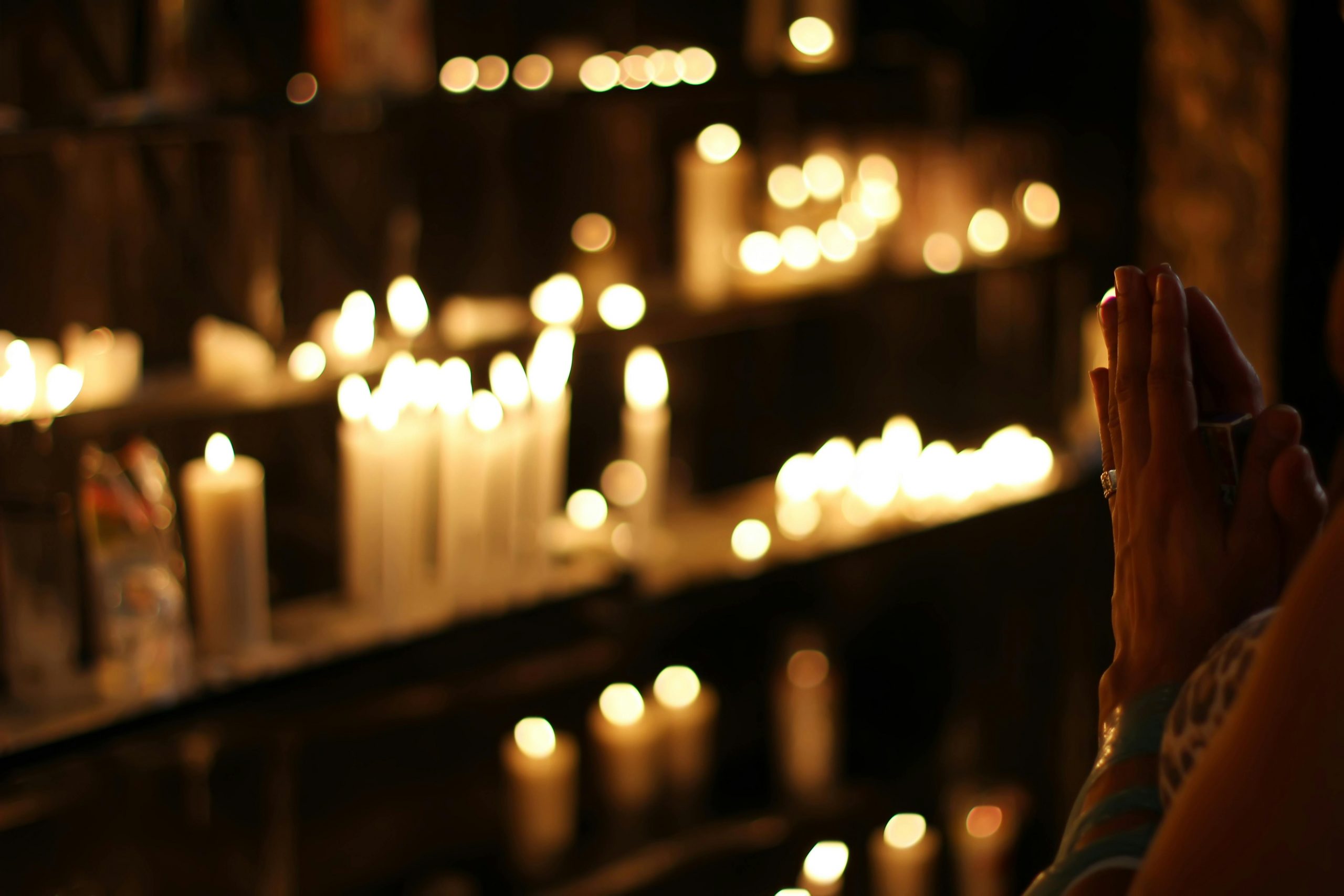
Christian Smith’s (Professor of Sociology at the University of Notre Dame) new book, Why Religion Went Obsolete: The Demise of Traditional Faith in America, explores the various cultural changes that have made organized religion less relevant in many people’s lives. “We almost always use the word ‘decline’ when we talk about if things aren’t going well for religion,” Smith explained. “And decline is a good word. But what it’s descriptive of is organizational matters and individual religiousness. Organizations can have decline in membership or adherence, attendance, financial giving. That’s decline — it’s measurable.” Instead, Smith describes traditional organized religion as “culturally obsolete” (meaning that religion can be useful and important for some people, but has lost relevance for a large portion of Americans). This story was covered by the Religion News Service, and picked up by The Salt Lake Tribune.
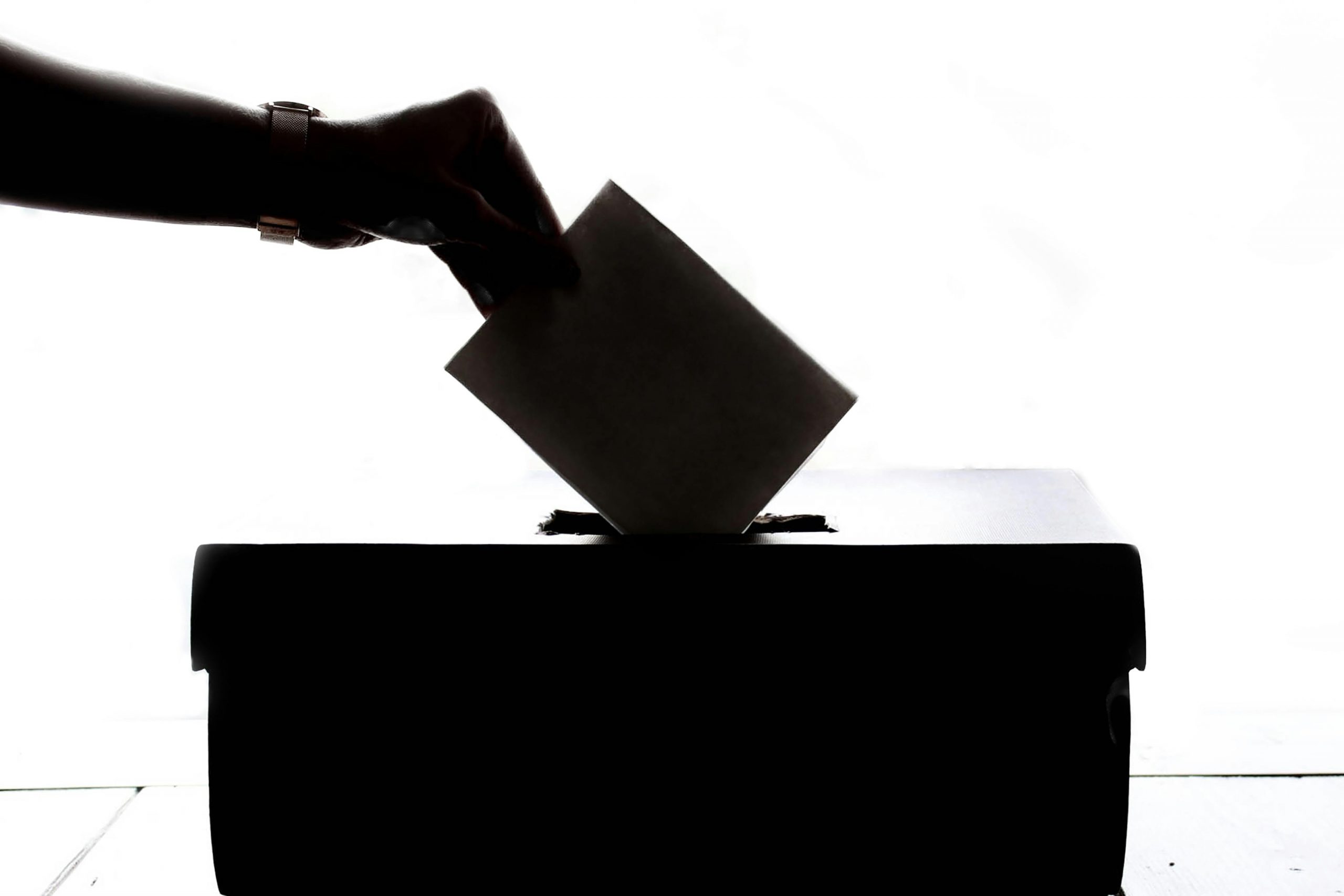
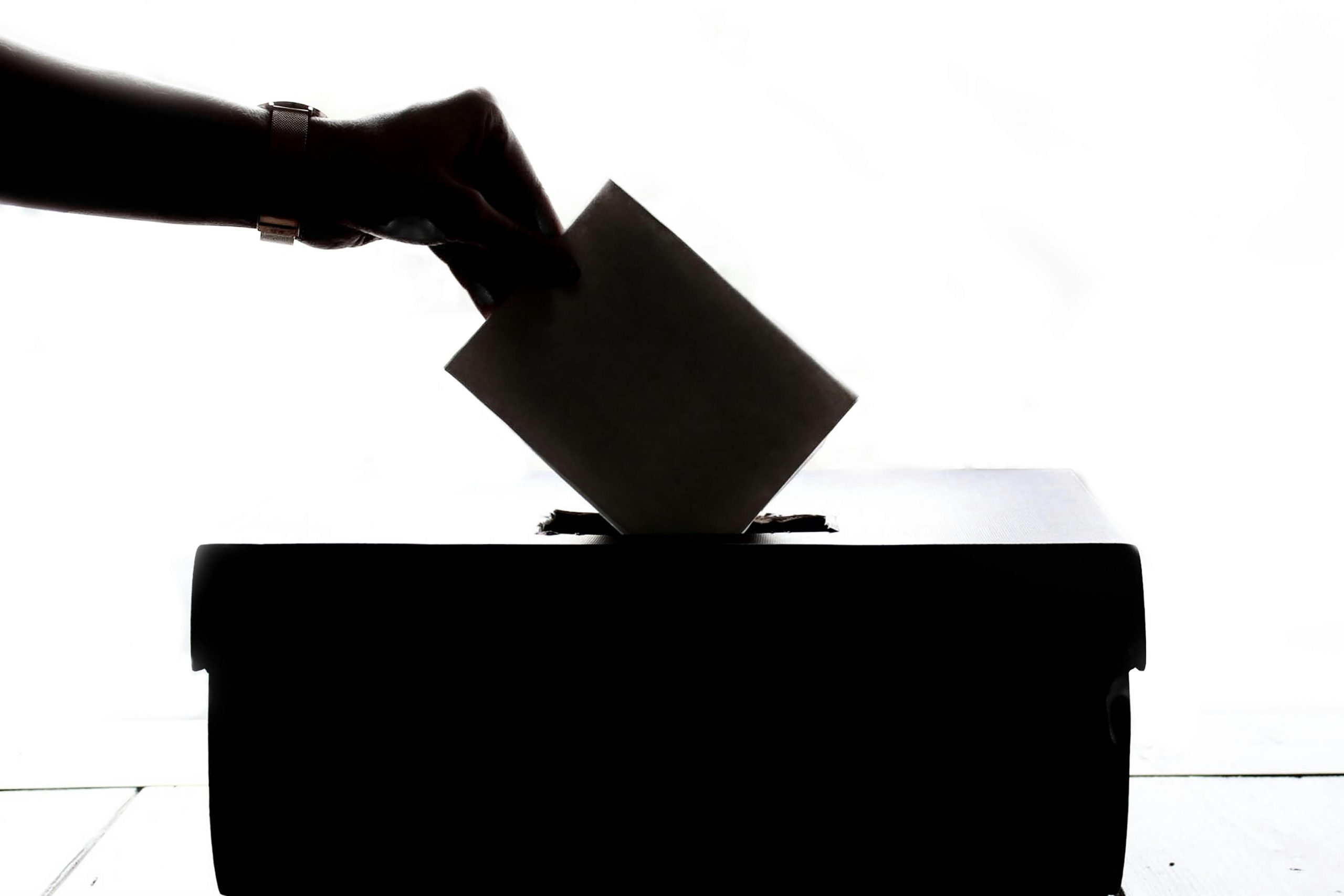
In an opinion piece for the New York Times, several experts across scholarly disciplines weighed in on a key question following the presidential election: why did Trump win a Republican-record setting 46% of the Hispanic vote, despite his xenophobic and racist comments about migrant and minority groups? Paul Starr (Professor of Sociology and Public Affairs at Princeton) commented that “Hispanics are part of the swing vote of the American racial order, not just electorally but in their identification with the white mainstream.” In a recent paper, Starr and colleagues found that only about 45% of Hispanic people identify as “people of color.” Nancy Foner (Professor of Sociology at Hunter College) commented that long-time U.S. residents may resent new asylum seekers: “In cities like New York, where the new arrivals were bused in large numbers, some Hispanics resented the added burdens on the city, as well as on institutions like schools in their own communities, to provide housing and other services to the newest arrivals.” Starr and Foner also highlighted that Trump appealed to some Hispanic voters on the basis of conservative cultural values (particularly related to gender).


GQ ran an article about luxury skiing and the surge in private ski clubs for the ultra-wealthy. The article references Billionaire Wilderness: The Ultra-Wealthy and the Remaking of the American West, a book by Justin Farrell (Professor of Sociology at the Yale School of the Environment). Farrell examines how the ultra-wealthy buy up land in Western states and accrue wealth while emulating the rural working poor. “If you’re there, you see it very clearly,” said Farrell. “The way that this culture is romanticized but not supported.”
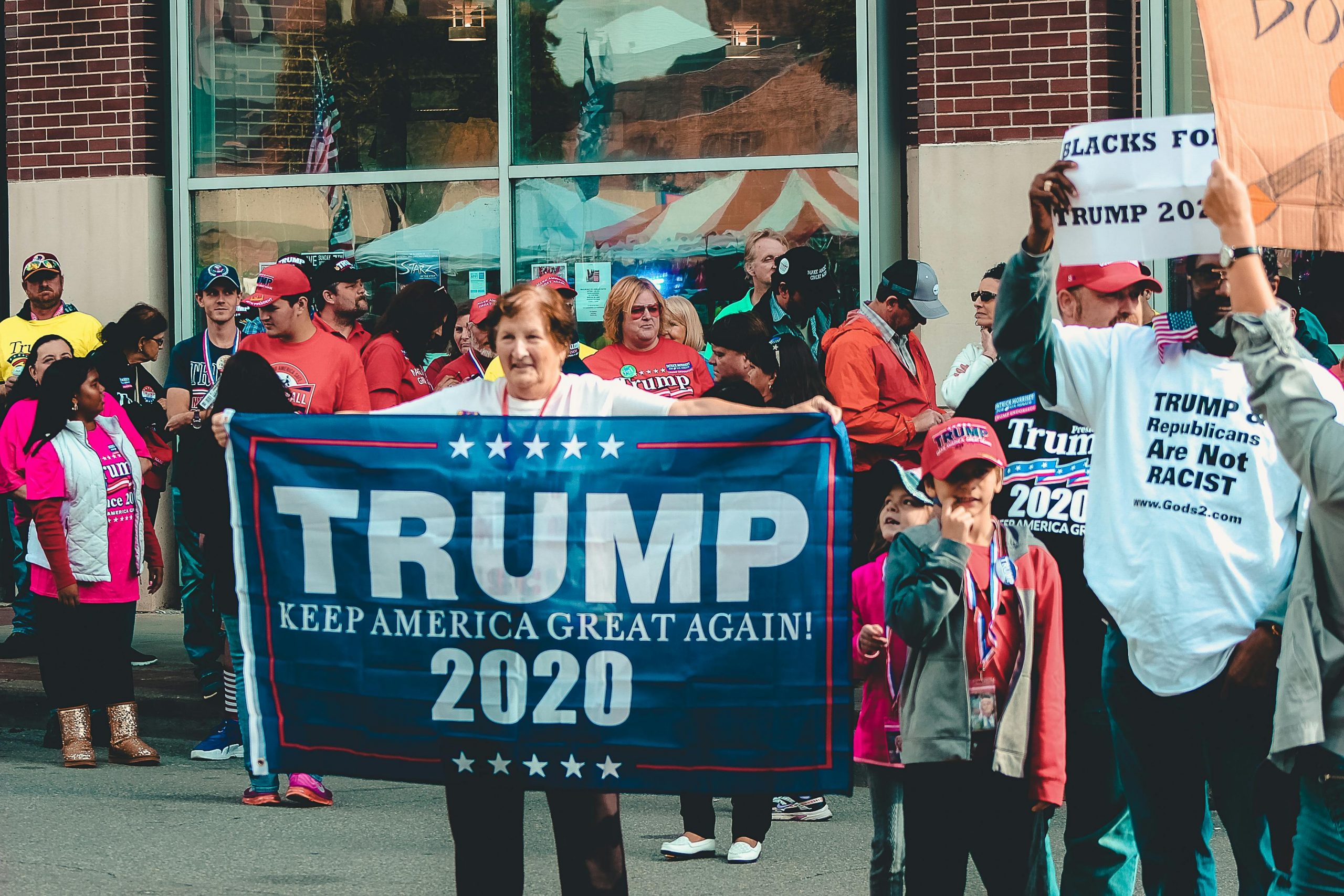
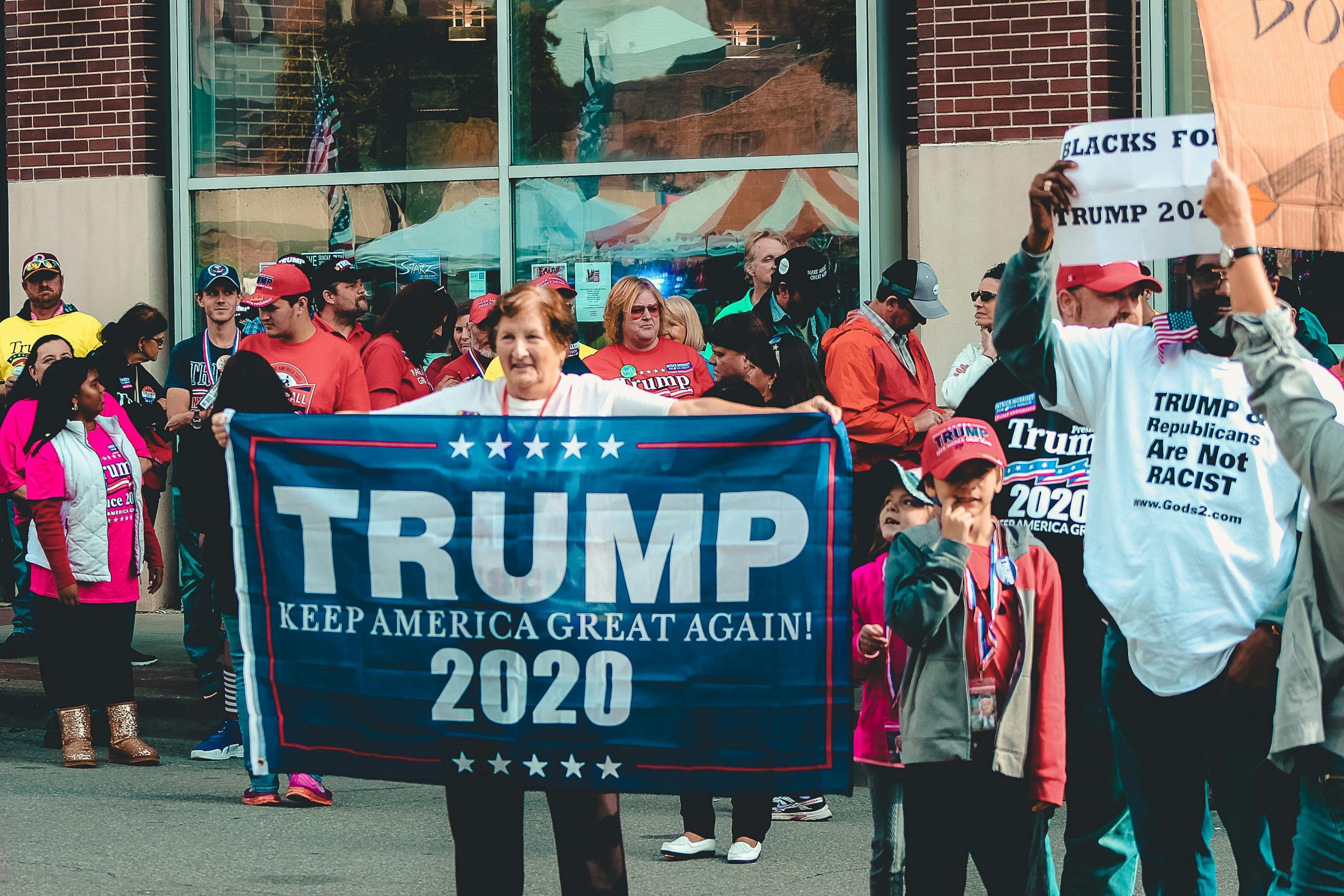
Arlie Russell Hochschild (Professor Emerita of Sociology at the University of California – Berkeley) appeared on Nonviolence Radio, a podcast by the Metta Center for Nonviolence, to discuss how emotions shape political identity and polarization. Hochschild argues that, listening to the emotional narratives of the political right, we can identify a four step anti-shaming ritual that Trump provides: 1) Trump says something transgressive, 2) Democrats shame him for the transgressive statement, 3) Trump becomes a victim and relates to his followers: “Isn’t that familiar? Like they’re beating up on you, too. Doesn’t it feel terrible to be shamed like that and put down and victimized? And I am taking the shame from you, off of your shoulders, and taking it upon myself. I’m the victim here. I’m the fall guy on your behalf,” and 4) there is a roar back from Trump’s followers. Hochschild notes that Democrats focus on steps one and two (the shaming and blaming cycle), while Republicans are focused on steps three and four (getting retribution for a perceived injury).





